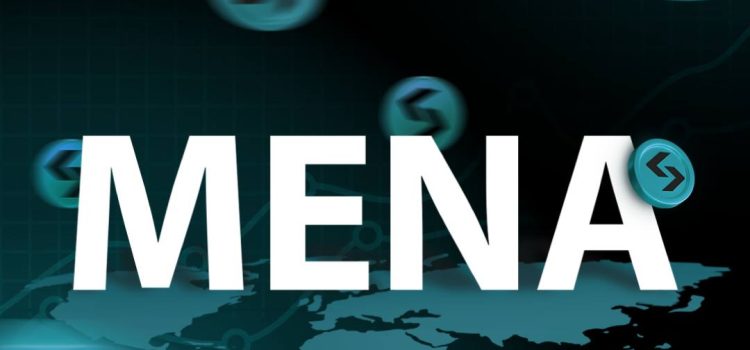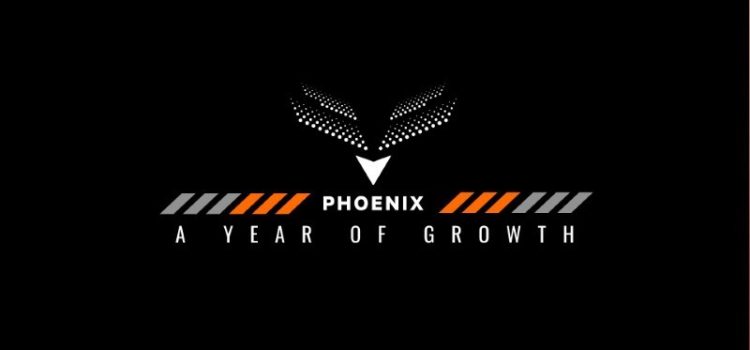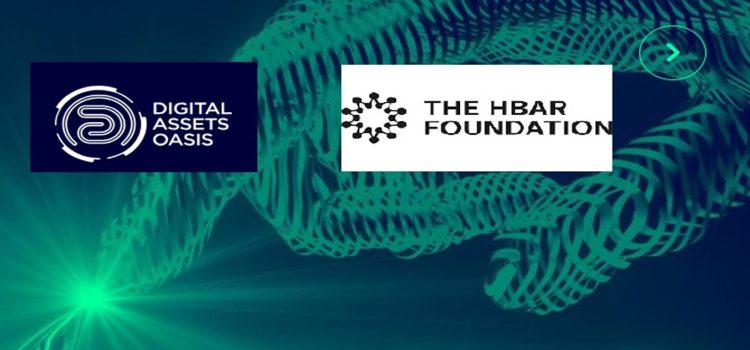Recently HSBC announced that it would be tokenizing physical gold using Blockchain technology. The tokenized gold stored in HSBC London Bank vaults, will offer tokens that represent 0.001 troy ounce traded on HSBC Evolve platform to institutional investors, with UAE Gold tokenization pioneers applauding this effort and believe this will grow the precious metal tokenization sector further.
Mark Williamson, global head of FX and commodities partnerships and propositions, confirmed the launch of the platform in a Bloomberg interview.
Gold has become a safe haven for many investors and this has also been pushed by the demand for real world tokenization solutions.
The advanced platform creates a ‘digital twin’ representing loco London gold, which facilitates trade through the HSBC Evolve platform or an API. This innovation generates a permissioned digital representation of clients’ physical gold holdings, which is integrated into HSBC’s operational infrastructure. The system enables efficient tracking of allocated and unallocated gold positions corresponding with physical holdings.
Richard Bibbey, HSBC’s Global Head of FX, EM rates and Commodities, said: “As one of the earliest adopters of DLT, we are pleased to reinforce our leadership position in the gold market by tokenizing physical gold. We continue to pave the way for improving the post-trade market infrastructure of capital markets.”
Apart from facilitating potential fractionalization of loco London gold bars and direct retail investor participation, the platform also allows clients to view their tokenized gold trades.
John O’Neill, Global Head of Digital Assets Strategy, Markets and Securities Services, HSBC, said: “Tokenising physical gold represents a further advance in HSBC’s overall digital assets strategy. In addition to demand for native digital assets, we are seeing appetite for tokenisation solutions that can maintain a link to specific real-world use cases, such as gold. Our approach to gold tokenisation complements HSBC Orion, and is part of our commitment to creating a world-leading set of digital asset capabilities to best serve the needs of our clients.”
While the tokenized gold market is primarily dominated by Tether Gold (AUT) and PAX Gold (PAXG), both having market capitalizations around $490 million and $480 million, respectively, there are several companies based out of UAE who are also offering gold tokenization solutions.
LaraontheBlock spoke with tokenized gold experts in UAE to view how this will help tokenization of precious metals and their thoughts on this.
Navin Dsouza Co-Founder & CEO at UAE based Comtech Gold told LaraontheBlock, “This is really good news for the Gold Tokenization industry. With Global Banks like HSBC offering Tokenized Gold it reemphasizes the importance of blockchain and digitalization in Gold along with the need for De-Dollarization in the current era of high inflation.”
He adds,” Comtech has the complete infrastructure along with the Governance framework with DMCC (Dubai Multi Commodities Center) to offer Gold Tokenization product to any financial institutions who want to offer Tokenized Gold to its customers in a form of Comtech white labeled solution. We will see many players and banks joining the Tokenization race because of the strong use case benefit to the Industry.”
Ahmed Bin Sulayem Executive Chairman and Chief Executive Officer of DMCC explained, “As a long-standing advocate for gold tokenization, HSBC’s entry to blockchain will not only support much-needed transparency, but provide greater accessibility and security for investors. Having launched our own tokenization mechanism in November 2022 in partnership with Comtech Gold Bullion, backed by our internal DMCC Tradeflow platform, we’ve already tokenized 144kgs of gold for investors, while providing a value-added service that has the capacity to expand into other precious metals in the near term.”
Mark Gesterkamp, Business Development Director at Aurus Gold headquartered in UAE commented, “We applaud the step HSBC is taking by joining gold tokenization as gold has an important role in the transition to on-chain finance. It is no surprise they have done so, as it will surely open up the market through smaller traded denominations and improve liquidity and tradability.
He explained how already Aurus’ Tokenization-as-a-Service allows for any financial institution to use its technology by minting a digital representation of its bullion from gold, silver to platinum. This entails banks and family offices looking to join the digital space and finding new distribution channels. He adds, “The decentralized nature of gold tokenization is key here, whilst being a supplying partner of the Aurus ecosystem it allows clients to benefit from trading transactions.”
UAE was one of the first countries globally to begin tokenization of gold and other precious metals. Startups from the region and globally are setting up in the country as gold-backed tokens witness a growth surpassing that of cryptocurrencies. The market cap of gold-backed tokens has exceeded $1 billion — a far cry from $100 million in 2020.
Most of the entities developing gold tokens have chosen the UAE because of its positive crypto stance, its regulations, its gold hub, and the region’s affinity to Shariah compliant commodities. With this new announcement by HSBC, the UAE is poised to become a more formidable hub for tokenization of precious metals.


















